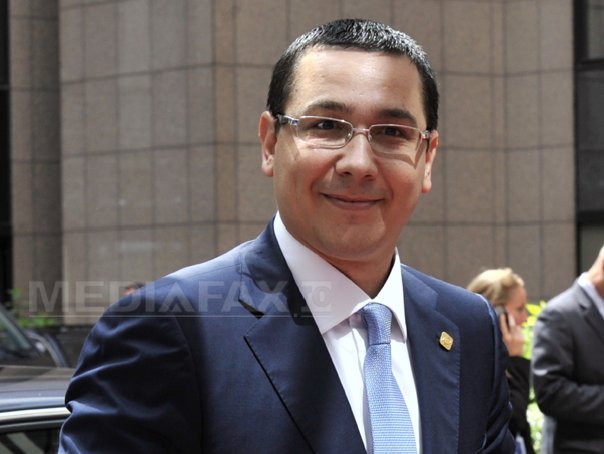
An Emergency Ordinance (OUG) published on Friday night messed up completely the advertising industry: although put in juridical terms, an idea is clear. Rebate, the money that went back from TV to advertising agencies, is outlawed. In the same time, advertising services are invoiced directly to the client, not towards the agency.
OUG was published before the weekend and the advertisers are already accusing the fact that the ordinance was passed by the Romanian Executive without consulting the representatives of the industry.
Why is rebate so important? What is rebate?
Rebate consists in the money that return to agencies and clients and became one (if not the main) of the reasons to divide advertising during last couple years.
How does it work?
From a contract between an advertising agency and a TV station, some of the money (important percentages) are given back to the advertising agency.
What do the involved parties say, namely publishers and agencies?
PRO. AGENCIES’ ARGUMENTS: The agencies are motivating the rebate with a need to compansate small comissions they receive from the client, as the small commision wouldn’t cover their operational costs.
On the other han, advertising agencies’ specialist say that, for a small station with moderate audience, a big rebate would be a solid argument to attract advertising.
In the same time, a too big rebate applied to small stations would compensate the work of agencies’ people, when they have a media plan to put together.
Agencies say that they devide the rebate with the clients and those actually know
its value.
Rebate practice sharpened agencies-providers relationship. Publishers claimed, especially during last couple years, that rebate affected the market and put pressure on prices.
AGAINST. PROVIDERS’ ARGUMENTS. Rebate is considered, by some providers, as a way to return some money to the agencies that handle clients budgets. Providers also say that, during last couple years, rebate seriously affected the market and put pressure on prices.
The rebate percentage became the main negotiations point in the relationship with the agencies and was perceived as a strong pressure to receive advertising.
Facing with an offer higher than the demand (tens of stations active on the market), providers accept big rebates, on the principle „better get less than nothing at all”, considering also that the ad budget can go elsewhere easily.
The amount providers actually get after rebate is applied doesn’ t cover the functioning costs of the media institution.
Rebate works on all channels, also in print, outdoor and online. OUG only regulates the audiovisual. In domains such internet is, rebate can reach to even 35-40% of the budget, which means an important amount of money goes back to the advertising agencies
Friday night’s OUG: stop rebate
OUG that outlaws rebate was published in the Official Monitor on Friday night. The representatives of the industry accuse already that it was made without consulting the industry.
OUG – what does it say exactly?
Advertising intermediaries (advertising agencies) “cannot receive other payments or counter-prestation other than the one paid by the final beneficiary of the TV advertising in order to pay the rendered services and nor a material advantage, no matter its nature, from the broadcaster”.
“The object of the acquisition (of advertising space – n.red.) will be paid directly by the final beneficiary of TV advertising to the broadcaster, based on an invoice that will be sent to the broadcaster by the final beneficiary of the TV advertising. Any rebate or tarif advantage, no matter its nature, given by broadcaster, will have to be mentioned on the invoice sent to the final beneficiary of the TV advertising”
In the same time, “Any price offer to buy televized advertising” ‚must be
prealably confirmed in written with the broadcaster” .

Trimite un comentariu